In recent years, the idea of installing a private residential elevator has gained popularity among homeowners. Whether for accessibility reasons,or simply to increase their mobility, many people are considering adding an elevator to their homes. But the big question is: Can you build your own residential elevator, or do you need any professional help?
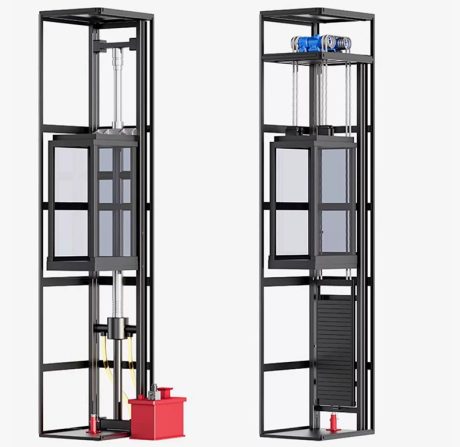
Understanding Residential Elevator
Residential elevators are smaller versions of commercial passenger elevators, designed for private homes. They come in various types, including:
-
Hydraulic driving elevators: Powered by a piston and hydraulic oil, ideal for low to mid-rise homes.
-
Traction driving elevators: Use cables and counterweights, better for taller buildings.
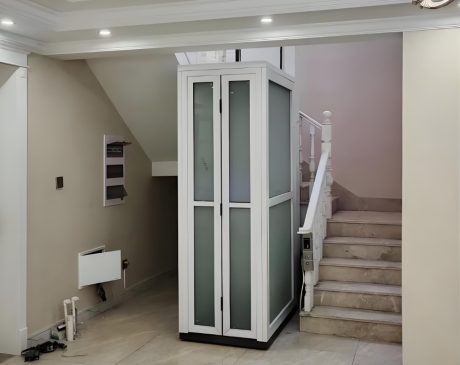
Can You DIY a Residential Elevator?
While some homeowners may be tempted to take on the project by themselves, building a residential elevator is not a typical DIY project. Here’s why:
-
Safety Regulations & Codes
Elevators must comply with strict safety standards (e.g., ASME A17.1 in the U.S. or EN 81 in Europe). Improper installation can lead to serious accidents or legal issues. -
Structural Modifications
Installing an elevator often requires reinforcing floors, constructing a shaft, and ensuring proper electrical and mechanical setups—tasks best handled by professionals. -
Technical Expertise
Elevator systems involve complex mechanics, wiring, and safety features. Even prefabricated home elevators need expert assembly.
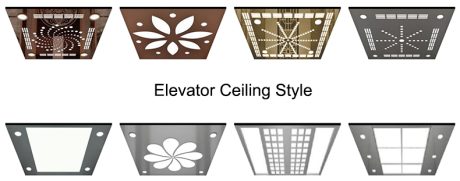
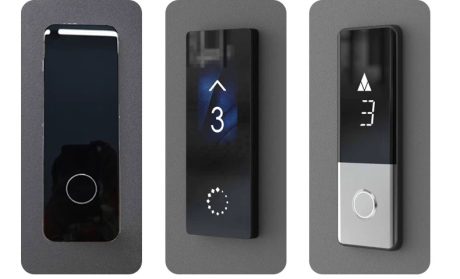
When Is DIY Possible?
Some companies offer prefabricated or modular home elevators, which simplify installation. However, even these typically require:
-
Professional consultation for space and power requirements.
-
Licensed electricians and contractors for safe setup.
-
Final inspection.
Cost Considerations
A professionally installed residential elevator cost $6,000 to $40,000+, depending on type and customization. While DIY might seem cheaper, mistakes could lead to higher expenses in repairs or fines.
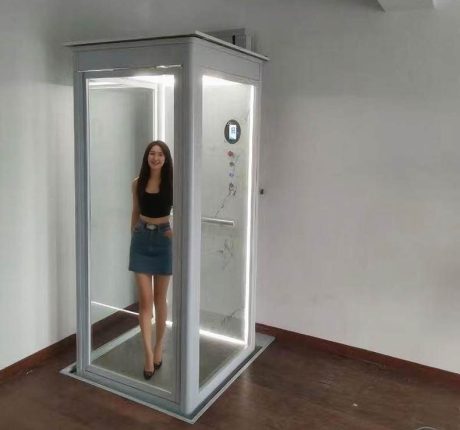
Conclusion
While you can partially assist in the process (e.g., choosing the design or prepping the space), building a residential elevator is not a full DIY project. Hiring certified professionals ensures safety, compliance, and long-term functionality. If you’re considering an elevator, consult with a reputable installer to explore the best options for your home.
Would you install a lift elevator for convenience or future needs? Let us know in the comments!
